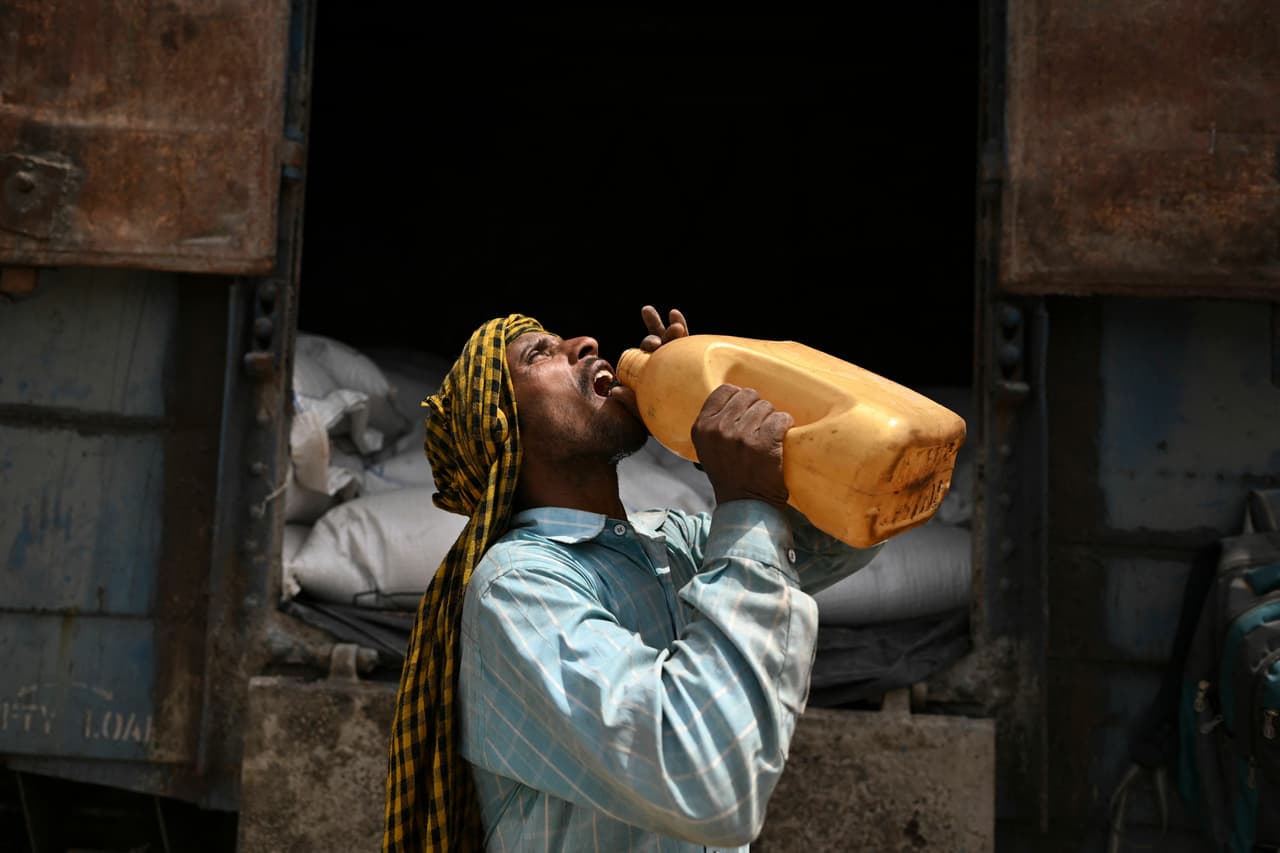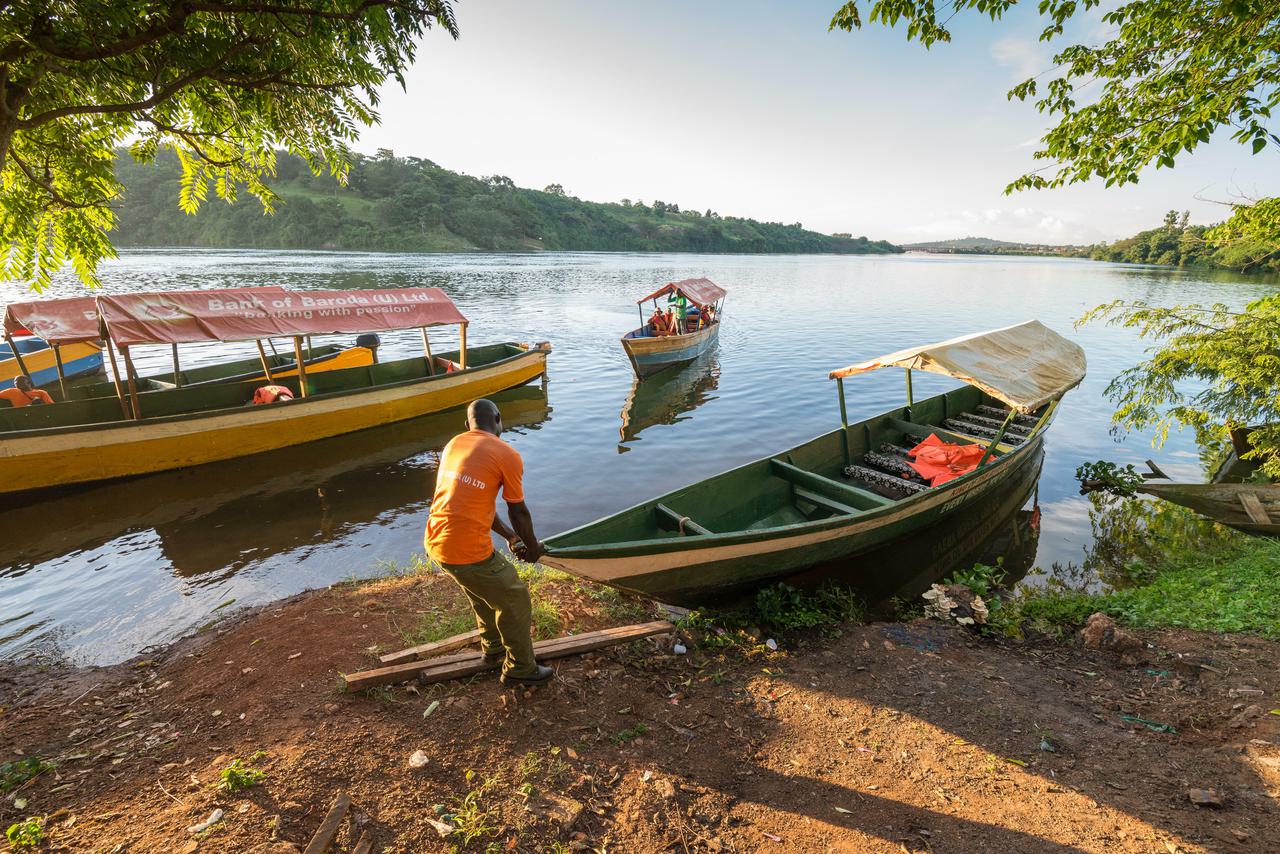
It’s the innocent – not the climate destroyers – paying the price for deadly heatwaves
Feeling powerless in the face of the terrifying impacts of the climate emergency is understandable. India and Pakistan are in the third month of a deadly heatwave that has seen temperatures reach 51C in the city of Jacobabad and nearly 50C elsewhere. The extreme weather is causing fires, flooding and scorched crops – all of which are helping to fuel the emerging global food crisis.
People who are dependent on daily wages, including those working in the fields and factories or out on the streets, have no escape from the relentless heat. That means hundreds of millions of people are unable to cool themselves when they reach the point of heatstroke.
As the monsoon season begins, it is time to take stock. Officials say 90 people have died, but the true figure is thought to be much higher. “So many of those who expire from the heat, dying on the baking pavements they sleep on or in the unbearably hot slums on the city’s fringes, will go uncounted,” wrote Ruth Pollard and David Fickling in Bloomberg.

The situation is a stark reminder that those least responsible for the emissions that have caused climate breakdown are already suffering the gravest consequences.
Last week, we published an investigation with the Financial Times about the East African Crude Oil Pipeline (EACOP), which will slice through the habitats of elephants and giraffes to pump oil from land-locked Uganda to a port in Tanzania. When that oil is burned, it will emit an estimated 33 million tonnes of CO2 a year, helping to derail targets to keep global heating below 1.5C.
There is opposition to the pipeline within Uganda, but president Yoweri Museveni pushed it through, saying the country needs the oil in order to develop.
When I put that to Diana Nabiruma, who works for the Ugandan NGO Africa Institute for Energy Governance, which promotes clean energy, she shot back: “Which oil-producing community in Africa is rich? Are the communities in the Niger Delta rich? Are the people in the Central African Republic rich? Who are you trying to fool?”
At the Bureau, we work hard to ensure our stories drive change and right now one of the most powerful things we can do to tackle the climate emergency is put pressure on the financial institutions fuelling the crisis.
Our story revealed that Marsh McLennan, the world’s biggest insurance broker, took on the contract to find insurers for EACOP despite its employees urging the company not to. It now faces a backlash from staff and potentially some investors, who have their own climate commitments.
Marsh’s task of finding insurers for EACOP is getting harder as a growing number say they will not work on the project. Banks too are backing away – the FT revealed that all the major US banks have ruled out financing the pipeline.
Without insurance or funding, projects like EACOP cannot go ahead. Some see the pipeline as one of the last major fossil fuel projects – others are still hopeful that it will never happen.
Top photograph: A worker drinks water during a break from loading sacks of wheat on a freight train at Chawa Pail railway station in Khanna, Punjab state, on 19 May. Credit: Sajjad Hussain/AFP via Getty Images




